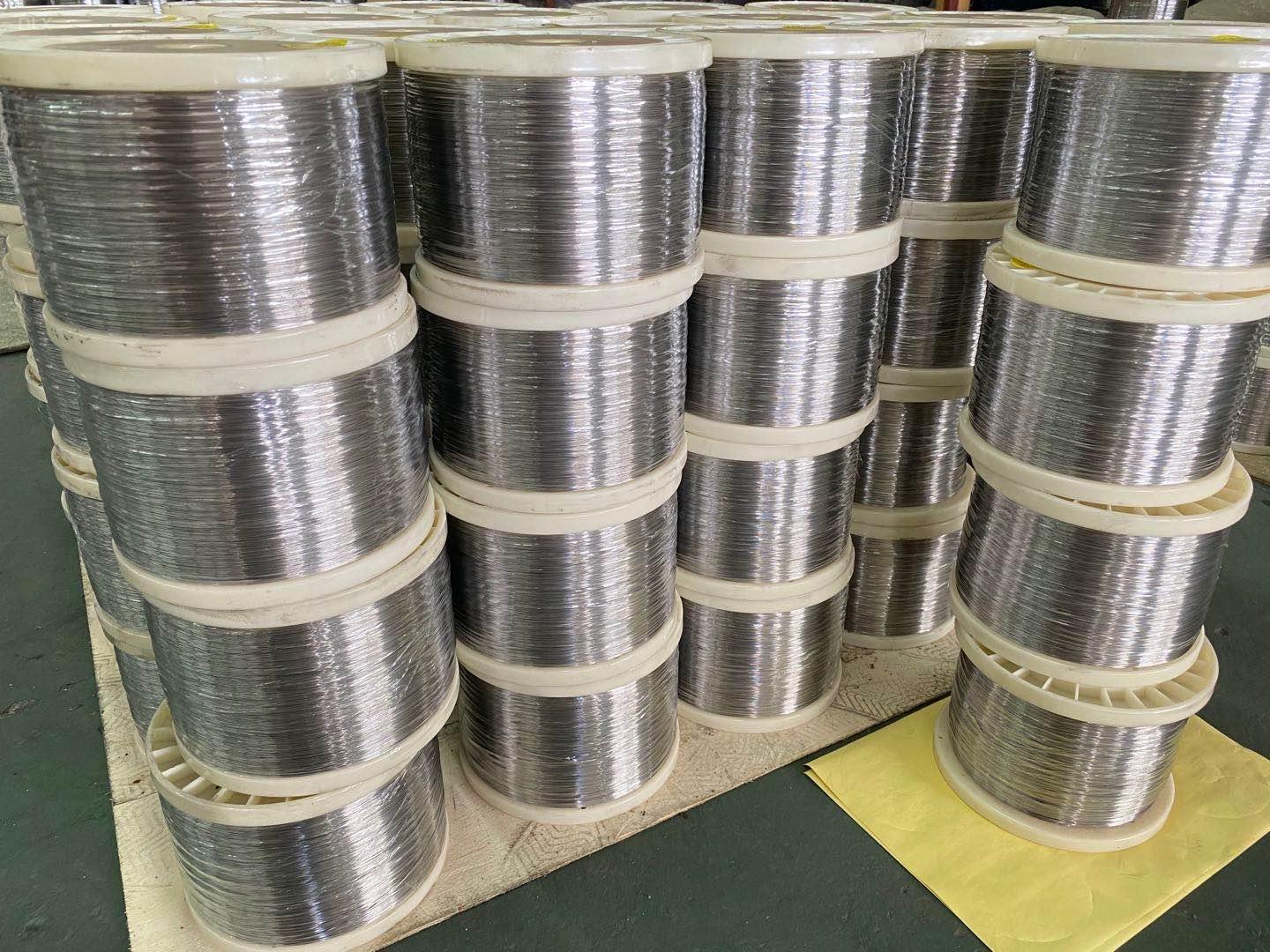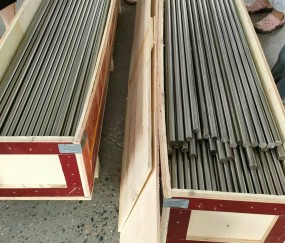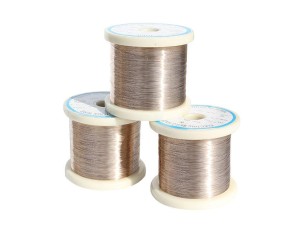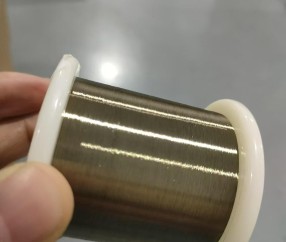Copper-nickel alloy unique advantages, and commonly used showering
Release time:2026-01-26 Strike:799 Inquire Now
Copper-nickel alloys are a group of alloys formed by adding a certain percentage of nickel and other elements to a copper base. These alloys are used in a wide range of industrial and technical applications due to their unique properties.

Unique advantages:
1. Excellent corrosion resistance: especially in seawater, chloride solutions and other environments, able to resist pitting and crevice corrosion.
2. High strength and hardness: suitable for use in application scenarios that require high loads or pressures.
3. Good weldability and machinability: easy to weld, cold work, hot work, and forging, which facilitates the manufacture of complex shaped parts.
4. High wear resistance: suitable for high-speed movement and high-friction environments, reducing wear and fatigue damage.
5. Low magnetic permeability: very important for some applications that are sensitive to magnetic fields.
6. Stable electrical properties: such as CuNi 3 alloy has stable resistance value and good electrical conductivity with low temperature coefficient.
7. anti-microbial and anti-algal growth: this makes it particularly useful in environments where there is prolonged contact with water.
Needs met:
Structural and equipment components that need to work in harsh environments.
Materials are required to have good mechanical properties as well as excellent corrosion resistance.
For electrical and electronic components, stable and reliable electrical properties are required.
In specific applications, such as marine engineering, materials are required to be resistant to biological contamination.
Function:
Acts as a corrosion-resistant material to protect critical components from erosion.
Provides high strength support for working under high pressure or high stress conditions.
Used as an electrical conductor or electronic component to ensure efficient current transmission.
Reduces wear problems due to friction and extends service life.
Control magnetic influences to avoid unwanted electromagnetic interference.
Commonly used fields:
Marine engineering: including shipbuilding, offshore platform construction, heat exchangers in desalination units, etc.
Chemical industry: used in the manufacture of reaction vessels, pipelines and other equipment in contact with chemicals.
Power and energy industry: such as cooling system components in nuclear power plants and thermal power plants.
Oil and gas extraction: oil well pipe columns, submarine pipelines, etc.
Aerospace: certain aircraft structural components and engine parts.
Communication facilities: antenna coil cores, small transformer cores for electronic circuits, etc.
Medical equipment: e.g. non-magnetic materials used in MRI machines.
-
How to Apply for BIS Certificate India
Here is a clear explanation in English on how to apply for a BIS...
-

Alloy28 Stainless steel with 28% Cr and 3% Mo
🔧 UNS N08028 Stainless Steel – Overview and ApplicationsUNS N080...
-

Exploring the Applications of Resistance Wire: From Industrial Heating to Electric Vehicles
Resistance wire is a specialized material widely used in various...
-

How to Caculate the Nichrome80 Temperature
We’re super stoked about our Nichrome 80 wire, a go-to for high-...



